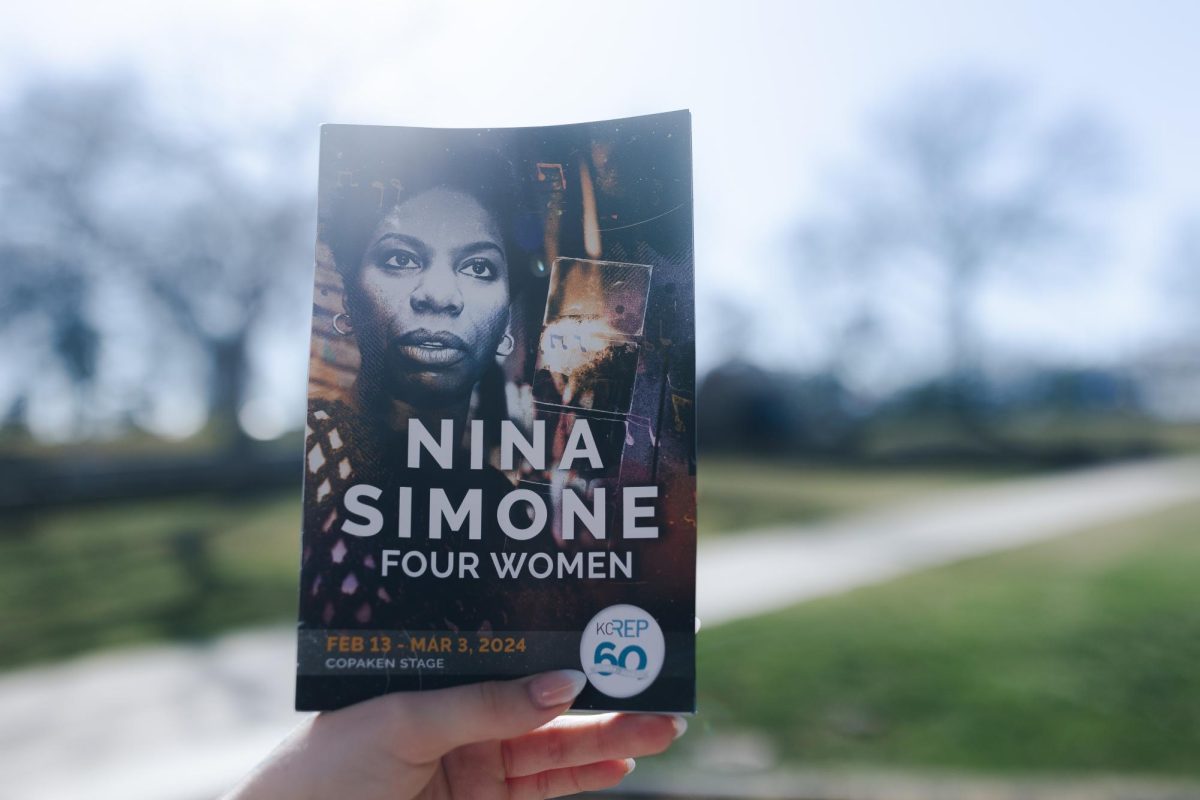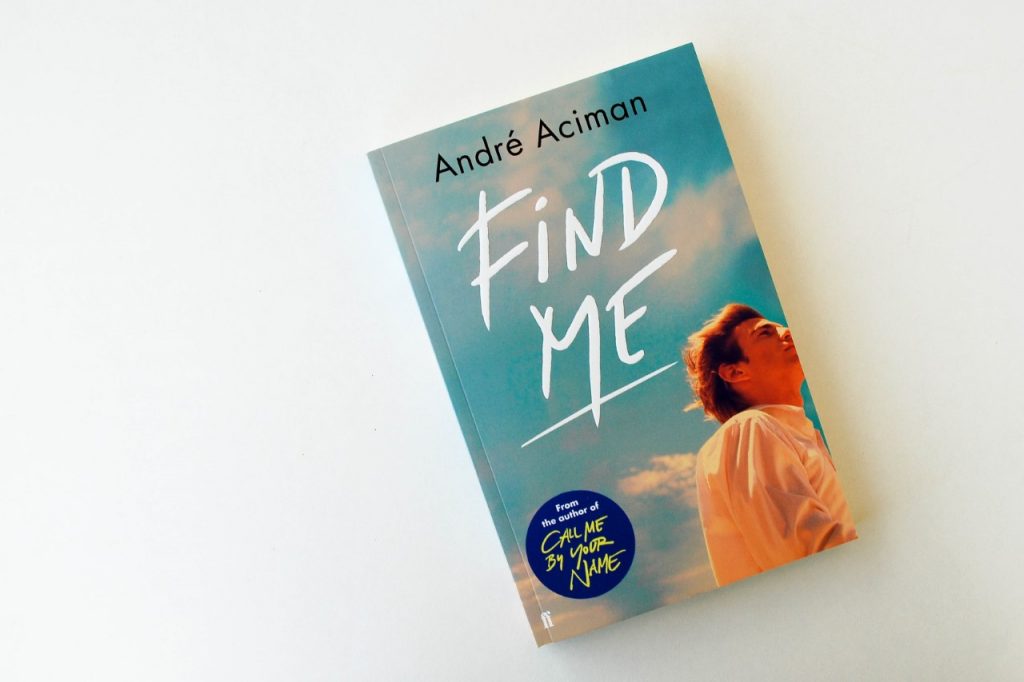Last year, Luca Guadagnino’s film adaptation of André Aciman’s debut novel, “Call Me by Your Name,” a coming of age story about first love and self-discovery, took the world by quiet storm. The screenplay, penned by veteran screenwriter James Ivory, received an Academy Award. The film was also nominated for Best Picture, Best Actor and Best Original Song.
As with any surprise success, talk of a sequel to the film seemed to follow overnight. However, this was laid to rest (thankfully) before it gained much ground, when Aciman himself announced the long-awaited follow-up to his original novel, published in 2007.
My initial thought going into “Find Me,” putting my indifference towards a sequel aside (the first novel’s ending was more than satisfying), was how good it felt to have Aciman at the helm of the story once again.
As is inevitable with even the best adaptations, so much of an original story is lost in the translation from page to screen. If there was ever going to be a continuation of “Call Me by Your Name,” I had always wanted Aciman to be the one telling it.
The sequel, unlike its predecessor, which is told entirely from the perspective of Elio, is split unevenly between three different point of views: Oliver, Elio (again) and Elio’s father, Sami. At first, this decision comes off as a bit perplexing, especially since so much of “Call Me by Your Name” rests on the near-stream-of-consciousness delivery of Elio’s thoughts across the novel’s entirety.
The multiple viewpoints in “Find Me” give the follow-up a quality that causes it to lean more towards a short story collection, and I enjoyed that more than I originally anticipated I would.
In the three vignette-style stories, we learn what happens to the characters five, 10 and 15 years after the first novel, which has a widespread timeline itself. At the end of the original, there is a brief section set 20 years after the main events. Don’t worry, I am confused, too.
So, in a sense, “Find Me” is not a follow-up to “Call Me by Your Name,” but a follow-within, if I am allowed to do something so bold as coin a new phrase.
Aciman’s writing is beautiful, often lyrical. What we lose with the omission of masterfully-written descriptions of longing and desire that are so prevalent in the first novel, we gain with a more mature, experienced, rough-around-the-edges outlook on what it is to love and be loved by someone else in “Find Me.”
I am so glad this is the direction that Aciman decided to take.
Raving aside, my main issue with “Find Me” is that it exists with an air as if it would probably not be here at all if it weren’t for the success of the film.
The novel’s longest portion is attributed to Sami, a somewhat minor character in the original novel that was popularized by Michael Stuhlbarg’s admittedly moving performance—although I will be that type of person and say the scene in question is even better in the book.
Sami’s section in “Find Me” is the only one of the three that suffers greatly from pacing issues and, surprisingly, somewhat clumsy writing. It is centered around a ludicrously fast-moving relationship that Sami has with a woman he meets on a train while traveling to Rome to meet Elio.
It makes me feel as though, as much as I hate to say it (I am not normally a fan of sequels), this section could have easily been expanded into a book of its own and have allowed the other sections the space and breadth that they are lacking in their own ways, too.
Overall, “Find Me” is most certainly worth your time if you are a fan of either the original novel or the film adaption of “Call Me by Your Name.” Even if you are just looking for a good book to settle down with during the approaching break, you will find it with this one.














Lyn • May 8, 2020 at 12:10 pm
Hello~
I thought Elio’s father dies in Call Me By Your Name. This is confusing to me. I did start reading Find Me before I was finished with the first novel, so I was a bit surprised when I learned the father had actually died, only to be ressurected in the sort of sequel. Although, maybe I missed something. At the end of the book when Oliver comes for a visit, Elio is thinking, “Part of me might want him to realize that nothing had changed since he’d been here last…that the world was exactly as he’d left it, minus Vimini, Anchise, and my father.”
I’d love to know your thoughts, and thank you.
(Sorry if my message is written in a confusing manner…)